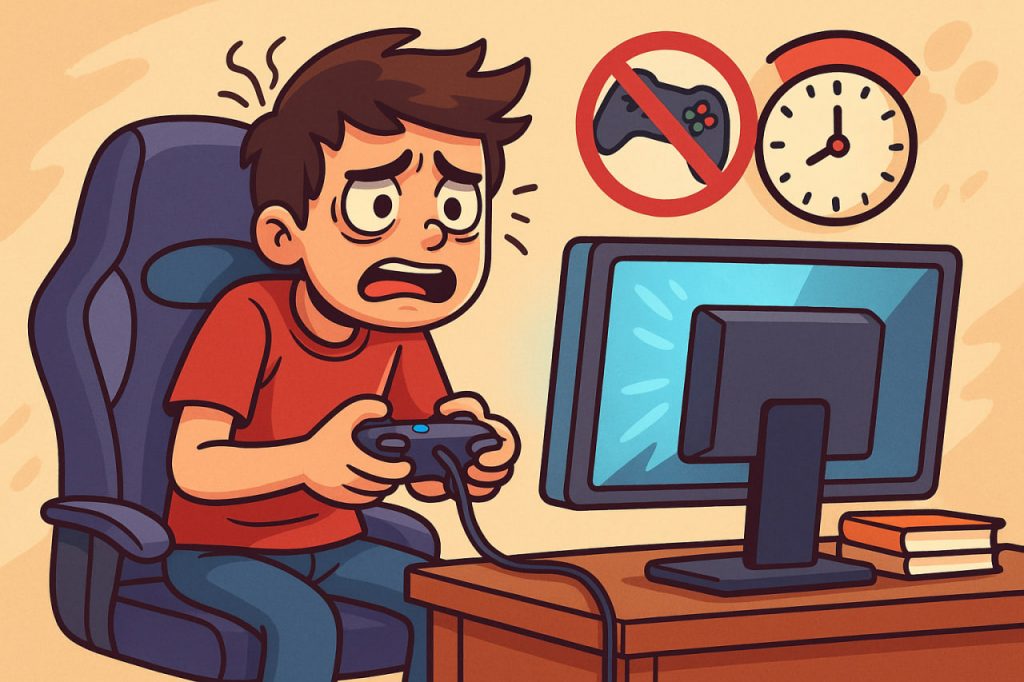Gambling addiction, also known as compulsive gambling or gambling disorder, is a psychological condition where a person feels an uncontrollable urge to gamble, despite negative consequences. It goes far beyond entertainment — it’s a behavioral addiction that can lead to financial ruin, broken relationships, and mental health issues.
Unlike casual gamblers who set limits, individuals with gambling addiction continue betting even when they lose repeatedly, trying to “win it back.” The brain responds to gambling wins by releasing dopamine, a feel-good chemical, reinforcing the behavior and creating a destructive cycle.
Signs and Symptoms
Some key warning signs of gambling addiction include:
- Constant thoughts about gambling
- Lying to friends or family about gambling activities
- Gambling with increasing amounts of money
- Feeling restless or irritable when not gambling
- Chasing losses (gambling to recover previous losses)
- Neglecting work, school, or family duties
- Borrowing or stealing money to gamble
These behaviors often occur alongside anxiety, depression, or substance abuse.
Who Is at Risk?
Anyone can develop a gambling problem, but risk factors include:
- Mental health conditions, like depression or bipolar disorder
- Family history of gambling problems
- Personality traits such as impulsiveness or thrill-seeking
- Early exposure to gambling or growing up in an environment where gambling is normalized
- Access to online gambling platforms, which are available 24/7
Teens and young adults are particularly vulnerable due to brain development and risk-taking behavior.
Consequences of Gambling Addiction
The impact of gambling addiction can be severe:
- Financial loss: large debts, bankruptcy, or losing assets
- Relationship strain: lying, conflict, or divorce
- Legal trouble: fraud, theft, or embezzlement
- Emotional distress: guilt, shame, depression, and even suicidal thoughts
Because the addiction is often hidden, many people suffer in silence until the damage becomes overwhelming.
Path to Recovery
Gambling addiction is treatable. Here’s how individuals can start recovery:
- Acknowledgement: Admitting the problem is the first step
- Therapy: Cognitive Behavioral Therapy (CBT) is highly effective
- Support groups: Like Gamblers Anonymous, where people share experiences
- Self-exclusion programs: Blocking access to gambling venues or websites
- Family support: Encouragement from loved ones can be vital
In some cases, medications for depression or impulse control may help. The key is consistent support and structure.
Glossary
- Dopamine – A chemical in the brain associated with pleasure and reward.
- Compulsive behavior – Repetitive actions that feel impossible to control.
- Chasing losses – Continuing to gamble in an attempt to recover past losses.
- CBT (Cognitive Behavioral Therapy) – A type of psychotherapy that helps change negative thought patterns.
- Self-exclusion – A program that helps individuals block access to gambling platforms.


